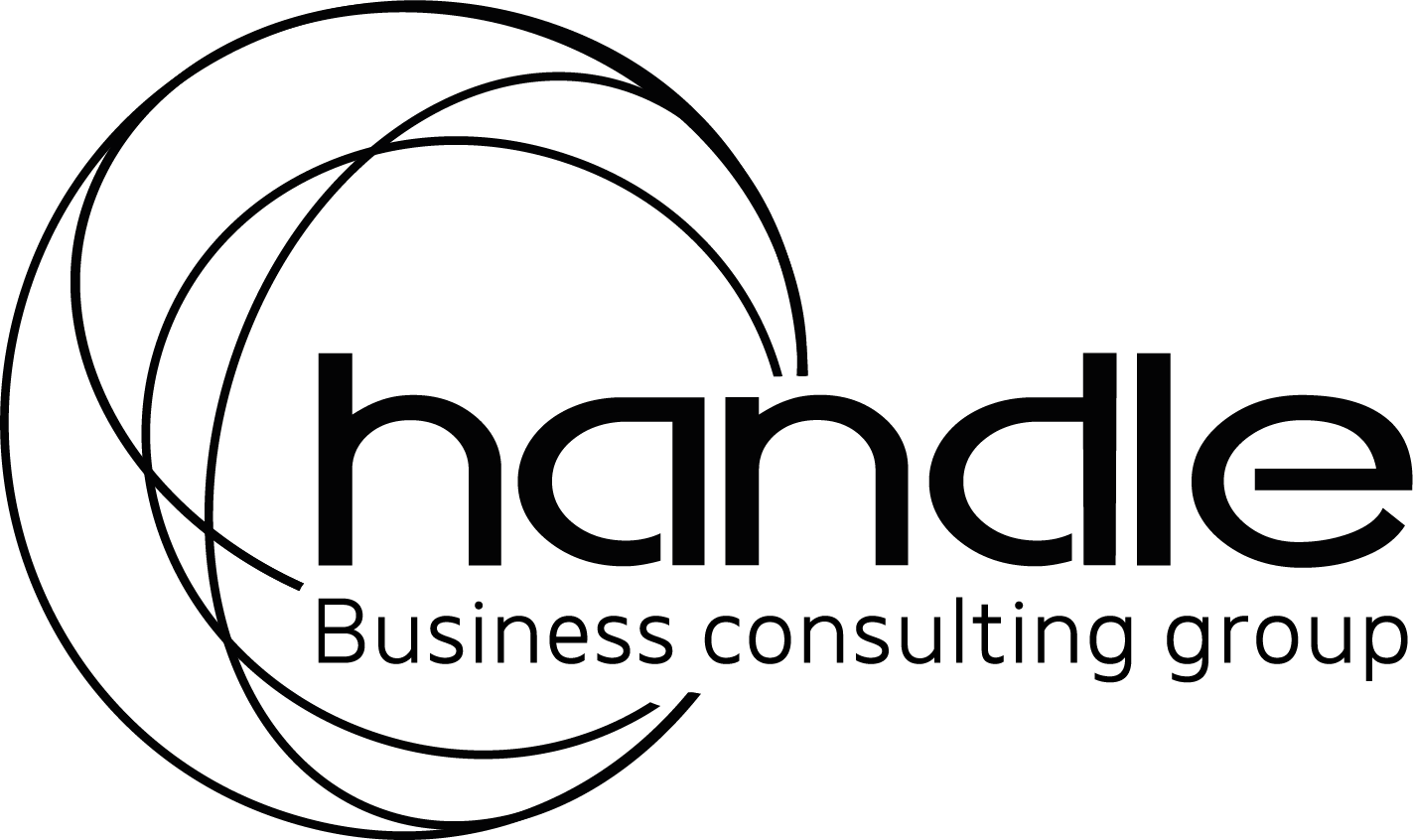Abstract:
Effective governance is a vital component of sustainable success and intergenerational continuity in family businesses. Establishing clear governance structures and developing a family constitution can help family businesses navigate complex dynamics, balance family and business interests, and preserve the family legacy. This comprehensive report delves into the intricacies of governance and family constitution in family businesses. It provides valuable insights, practical guidance, and step-by-step approaches for developing robust governance frameworks and implementing family constitutions.
Introduction:
Family businesses play a significant role in the global economy, representing a substantial portion of businesses worldwide. While these enterprises offer unique advantages, such as shared values and strong familial bonds, they also face challenges associated with balancing family dynamics and business interests. Establishing effective governance structures and implementing a family constitution can provide a framework for addressing these complexities and ensuring the long-term success of the business.
This report examines the fundamental principles and practicalities of governance and family constitutions in family businesses. It explores the importance of clear roles and responsibilities, transparent decision-making, effective conflict resolution mechanisms, and robust succession planning. By documenting and formalizing these elements, family businesses can strengthen their organizational structure, foster unity, and promote the continuity of the business for future generations.
- Understanding Governance in Family Businesses:
To establish effective governance, it is crucial to differentiate between family governance and corporate governance. Family governance encompasses the family’s values, traditions, and interests, addressing how family members interact and make decisions collectively. Corporate governance, on the other hand, focuses on the business entity, involving mechanisms for strategic decision-making, risk management, and accountability.
Harmonizing family dynamics with business goals is a key challenge in family businesses. Open and transparent communication, respect for individual perspectives, and a commitment to the greater good of the business can help strike a balance. Effective governance structures provide a platform for managing these dynamics by clearly defining authority, responsibilities, and expectations for family members involved in the business.
- Foundations of Good Governance:
Good governance in family businesses relies on a strong foundation built on shared values, a shared vision for the future, and the establishment of clear roles and responsibilities. Defining family values fosters a sense of purpose and identity, guiding decisions and actions within the business. Articulating a shared vision ensures alignment and provides a roadmap for the collective efforts of family members.
Clear roles and responsibilities help differentiate between family and business roles, preventing conflict and confusion. Establishing formal job descriptions, outlining qualifications and expectations, and implementing fair performance evaluation systems contribute to a more efficient and stable business operation. Additionally, creating channels for open and transparent communication promotes trust and facilitates effective decision-making processes.
- Establishing Governance Structures and Boards:
Governance structures vary depending on the characteristics and needs of each family business. Common structures include Family Councils and Boards of Directors. Family Councils provide a platform for discussing family matters, while Boards of Directors focus on strategic decision-making and overseeing the business.
When establishing governance structures, careful consideration should be given to the composition, membership, and term limits. Achieving a balance between family representation and external expertise can bring fresh perspectives, professionalism, and unbiased decision-making to the table. Choosing individuals who possess the necessary skills, domain expertise, and a genuine commitment to the family and business is essential.
- Developing a Family Constitution:
A family constitution serves as a guiding document that outlines the principles, rules, and processes for the family business. It articulates the family’s values, reinforces the shared vision, and establishes frameworks for family participation, decision-making, and conflict resolution. Crafting a well-defined family constitution involves several key elements.
The family values and mission statement define the core principles that guide the family business. These values act as a compass, ensuring that the business remains aligned with the family’s aspirations and ethical standards. Family membership criteria and an admission process outline who can become involved in the business and how to maintain family involvement over generations.
The family constitution also addresses governance structures and decision-making processes. It outlines the roles and responsibilities of family members in the decision-making process, the criteria for appointing family representatives to governance bodies, and the mechanisms for resolving conflicts or disputes. Additionally, guidelines for employment, compensation, and succession planning ensure fairness, transparency, and clarity in these critical areas.
- Mediation and Conflict Resolution:
Conflicts are inevitable in family businesses, given the intertwining of family and business interests. Establishing mechanisms for effective conflict resolution and professional mediation is crucial for maintaining family harmony and business stability. Addressing conflicts swiftly and constructively can prevent disputes from escalating and damaging relationships and the business itself.
Creating a culture of open communication and collaboration, where concerns and disagreements can be expressed, is essential. Family businesses should invest in developing conflict resolution skills among family members, promoting active listening, empathy, and respect for differing perspectives. Engaging external mediators or advisors with expertise in family business dynamics can bring impartiality and facilitate constructive dialogue to resolve conflicts.
- Succession Planning and Leadership Development:
Intergenerational transitions and succession planning represent critical moments in the life cycle of family businesses. The family constitution plays a pivotal role in ensuring a smooth transition of leadership and ownership. Succession planning should address both family and business goals, taking into account the abilities, aspirations, and potential of the next generation.
Identifying and developing successors well in advance is essential for preparing them to take on leadership responsibilities. Offering mentorship, training, and exposure to different aspects of the business cultivates the necessary skills and knowledge. Succession planning should be dynamic, adapting as family members’ interests and capabilities evolve, and should consider both family and non-family executives who can contribute positively to the business’s future.
- Integration of Non-Family Members and Professionals:
Family businesses can benefit significantly from the inclusion of non-family executives and advisors. These professionals bring fresh perspectives, specialized expertise, and industry knowledge. Ensuring a smooth integration process requires defining clear roles, establishing open communication channels, and fostering collaboration.
Family businesses should carefully select non-family executives or advisors who align with the company’s values and culture. Building trust and maintaining open lines of communication with these external professionals can help maximize their contributions and bridge the gap between family and non-family interests. Regular evaluation of their impact and integration into decision-making processes is important to ensure seamless collaboration.
- Continuity and Renewal:
Family businesses must balance continuity with innovation and renewal to stay competitive and adaptive in a rapidly changing business environment. Periodic review and evaluation of governance structures allows businesses to assess their effectiveness and make necessary adjustments. Staying flexible and open to new ideas and approaches ensures that the governance framework remains relevant and responsive to evolving family and business needs.
Maintaining a learning culture within the family business enables continuous improvement and innovation. Encouraging family members to pursue educational opportunities and participate in professional development activities enhances their knowledge and skills. Seeking external perspectives, leveraging technology, and adapting to market trends contribute to the business’s ongoing success and longevity.
- Case Studies and Best Practices:
Case studies and best practices provide valuable insights into successful family business governance models and the implementation of family constitution documents. These real-world examples showcase the various strategies employed by family businesses across different industries and regions. Analyzing these cases can inspire family businesses to adopt effective practices, tailor them to their specific needs, and learn from the experiences of others.
- Implementation Challenges and Mitigation Strategies:
Implementing governance structures and developing family constitutions may encounter challenges stemming from resistance to change, power dynamics, and differing family members’ interests. Overcoming these challenges requires effective communication, education, and a shared commitment to long-term success.
Open and transparent communication is crucial throughout the process, allowing for dialogue, understanding of different perspectives, and consensus-building. Education and awareness programs can help family members grasp the benefits of governance and understand the impact on the business’s sustainability. Engaging external advisors with expertise in family business governance can provide objective guidance and facilitate effective decision-making.
- Measurement and Evaluation of Governance Effectiveness:
Measuring the effectiveness of governance structures and family constitutions is crucial to ensuring their ongoing success. Identifying key metrics and indicators allows family businesses to assess the performance of governance mechanisms. Gathering feedback from family members, external advisors, and professionals can provide insights into areas of improvement. Continuous evaluation and improvement contribute to the evolution and effectiveness of governance structures over time.
- Conclusion:
Governance and family constitutions are foundational elements of successful family businesses. By implementing robust governance structures and developing well-crafted family constitutions, family businesses can ensure cohesive decision-making, effective conflict resolution, and strategic succession planning. With a focus on transparency, clear roles, open communication, and a commitment to continual learning and improvement, family businesses can preserve their values, foster family unity, and navigate complexities across generations. Through the guidance provided in this comprehensive report, family businesses can leverage governance and family constitution as tools for long-term success and sustained prosperity.
















